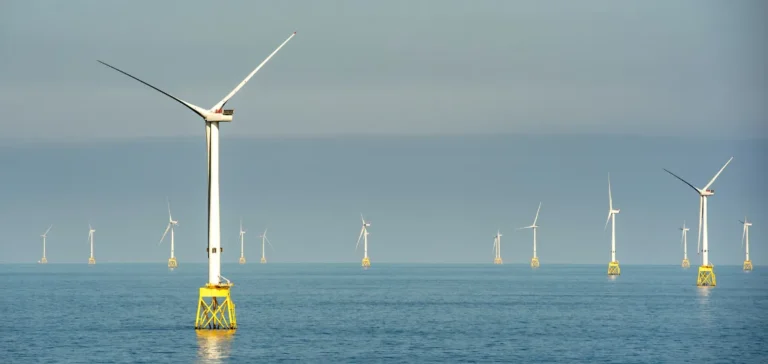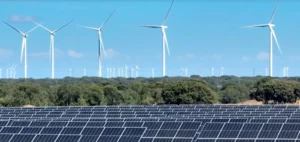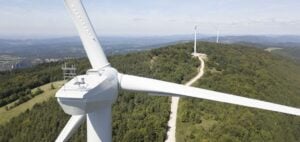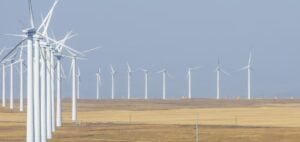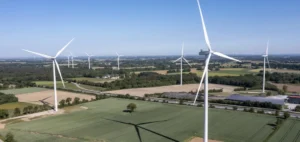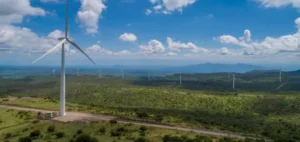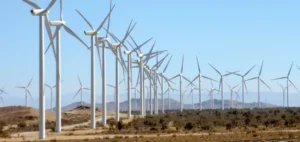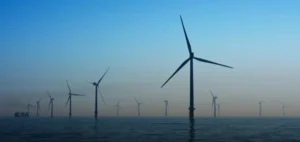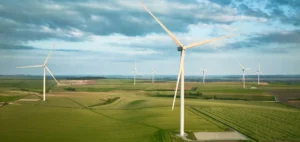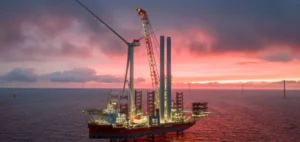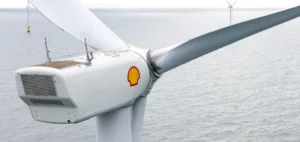The offshore wind project planned off the coast of Oléron Island, in the Charente-Maritime department, has been suspended due to a lack of final applications, the outgoing government announced. With a targeted capacity of one gigawatt, this infrastructure was set to become one of the largest marine renewable energy projects in France.
Nine consortiums had been pre-qualified by the Commission de régulation de l’énergie (CRE), France’s energy regulator, based on their technical and financial capabilities. Among them were French companies EDF Renouvelables, Engie and TotalEnergies, as well as international groups RWE (Germany) and ENI (Italy). None of the pre-qualified entities submitted a final bid.
Local opposition and uncertain timeline
The planned wind farm was to cover an area of 180 square kilometres, located approximately 40 kilometres offshore. Commissioning was initially scheduled between 2032 and 2034. However, the project has faced ongoing opposition, notably from local fishing communities backed by elected officials. These stakeholders fear a lasting impact on traditional fishing zones.
This local resistance appears to have influenced industrial interest in the project. Based on available information, no consortium submitted a final application before the deadline, resulting in the cancellation of the tender process.
Parallel award in Normandy
On the same day, the outgoing government awarded another offshore wind tender to TotalEnergies and RWE. This larger project, with a capacity of 1.5 gigawatts, is located off the coast of Normandy. The wind farm is expected to supply electricity to the equivalent of one million households.
The contrast between the two tenders highlights varying levels of local acceptance and the logistical challenges faced by offshore wind projects along certain parts of the French coastline.


